Humane Infrastructures
A UCLA Experimental Humanities Workshop March 9-10, 2020
A UCLA Experimental Humanities Workshop March 9-10, 2020
Please join us for an Experimental Workshop on “Humane Infrastructures” at UCLA, March 9-10, 2020! We are looking forward to sharp, generous, critical and result-focused conversations. The event will feature about 50 invited participants.
Please see below for information on registration and event details (or register now). And please check back for updates and additions.
Website artwork by Danielle Morgan.
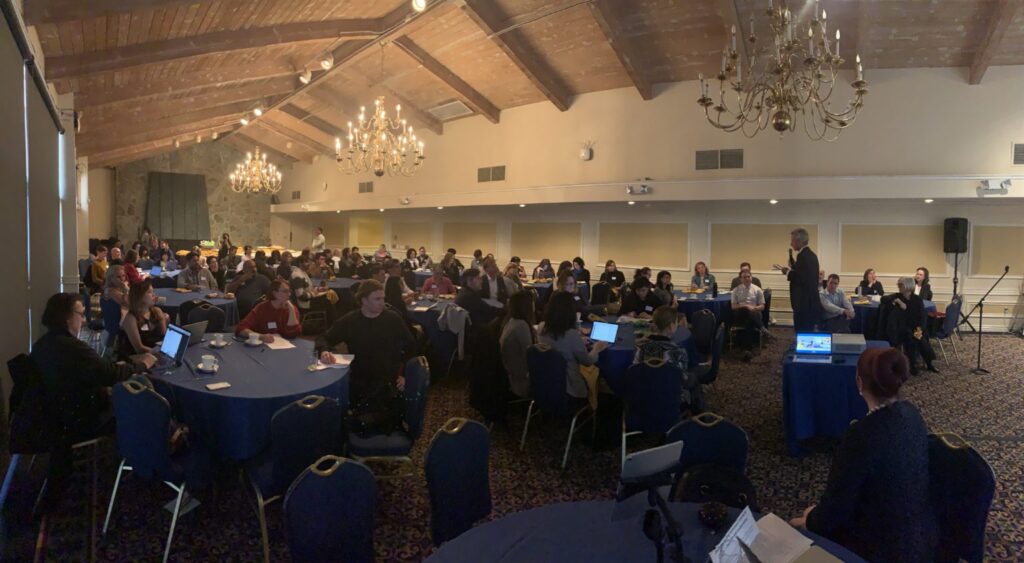
There is a growing realization that human and humanistic knowledge is necessary to respond to societal challenges and complex problems.
Such responses are almost always going to engage with infrastructure one way or another. Infrastructures make up a fabric of our society – technological, human, urban, societal, cultural, environmental, digital and academic. Infrastructure is also a way of thinking about the world, which comes with certain predispositions and values.
The day and a half Humane Infrastructures event Humane Infrastructures brings together leading scholars, experts, artists, university administrators, politicians, and community members to consider and outline how we can build long-term human/humanities-driven capacity to collaboratively critique, imagine, design, and build civic and academic infrastructures at scale. The workshop will be both content-driven (specific research projects, ideas, practices, cases, challenges, perspectives) and high-level (strategy, policy, capacity, leadership). It will draw on the strengths of UCLA.
A central concern for Humane Infrastructures is how to mobilize humanistic/human knowledge at scale, particularly in relation to the socio-technological systems and infrastructures – including AI, search engines, urban infrastructure, supply chains, academic infrastructure, medical technology and environmental data – that play such an important role in our lives and societies. The workshop has a national and international scope and ambition, while being embedded in Los Angeles and Southern California.
The program will be structured around 1) major challenges (e.g. homelessness, climate change) and themes (e.g. AI, ‘smart’ cities, the quantified human, online platforms, the academic lifeworld, innovation logic), 2) a toolbox (e.g. critical making, designing for difference, algorithmic intervention/auditing, terraforming, mutualistic systems design, and staying with the trouble), and 3) a set of concrete examples and theoretical issues.
These challenges and themes are all impacted by resolutely humanist concerns, i.e. the relations between what we make, build, and transform as humans, and how we make, build, and transform ourselves. The practices and perspectives in the toolkit speak explicit to these relations, and give us new ways to acknowledge, denaturalize, respond, and impact them.
The event draws on a series of conversations that have taken place over the past five years, among scholars and practitioners. These conversations have been rooted in a long history of previous work, but are also responsive to a contemporary surge of relevant scholarship and practice.
Events such as “Critical Visualization: Unflattening and Enacting Visualization” (The Graduate Center, CUNY, 2016), UCLA Digital Humanities Seminar Series (UCLA, 2016-2017), Making Change through the Humanities: Institutes, Ideas and Infrastructures (KTH Royal Institute of Technology, 2018), and Humanities Tech Seminars (KTH Royal institute of Technology, 2018-2019) fostered dialogue across disciplines, institutions, and industries that has laid critical groundwork and built a globally engaged collective.
The shape and aim of Humane Infrastructures is derived from the participants, their practices, and their perspectives. These individuals and their work relate to a wide-spread critique of “tech,” the inability to deal with global threats like climate change, and developments like the ongoing datafication of our society. They bring deep knowledge across a range of disciplines and areas, including environmental history, neighborhood activism, disability studies, film making, information studies, critical race studies and digital humanities. They also bring an interest in concretely making civic and academic infrastructure better and more humane.
As such, the workshop is structured around a key set of concerns and developments:
1) The need for a more humane society and for human/humanistic driven capacity to collaboratively respond to grand challenges and complex problems. Such capacity must necessarily be collaborative inside and outside the academy, and be part of a different logic for innovation. It also needs to be critical and constructive, curiosity and challenge driven, and create action-rich contact zones with integrity, respect, and sharpness. This complex work requires engaging intellectually, materially, and creatively with the issues at hand and to assume complicity in socio-technological systems.
2) The critical, imaginary, and interventionist power of the emerging field of experimental humanities – environmental, digital, medical/health, and urban – and related fields such as disability studies, queer studies, information studies, ethnic studies and media arts. These liminal and interdisciplinary fields often combine curiosity-driven scholarship and teaching with societal engagement and a direct relation to infrastructures and socio-technological systems. They also tend to have a strong connection to traditional humanities disciplines, which provide grounding, symbiotic interplay (and tension), and contribute to a wealth of research trajectories, methods and perspectives.
3) Infrastructure as a pervasive framing of modern life, as evidenced by the way we understand and build the world (e.g. the D- Infrastructure Report Card by the American Society of Civil Engineers Engineering), civic infrastructure as a key political concern and ideological manifestation, research infrastructure as a way of organizing higher education (e.g. the European Roadmap for Research Infrastructures), and the expansion of infrastructure studies and of infrastructure as a theoretical framework. Infrastructure is a site for a conventional societal and technocratic logic (technology-driven, big, costly, long-term, systemic and essentially neutral), but also – arguably – a place for change, resistance and shifting logics.
4) Societal challenges are doubly technological in nature. While technology is often invoked as part of the response (or “solution”) to societal challenges, it is also quite as often part of the problem. AI, for example, is often presented as a solution to a whole range of problems (including the ones generated by AI), and institutional efforts to make AI more ethical/human are often driven by the same logic. Data becomes central, usually at the expense of other considerations, as illustrated by the intended commodification of data in the Google Quayside (Sidewalk Lab) project in Toronto (The Intercept, Nov 13, 2018) and the LAPD dismantling of some of their data-driven crime programs after substantial criticism (LA Times, April 5, 2019). How do we engage both critically and constructively with the socio-technological systems that structure our much of our lives and that are inseparable from the challenges and problems we need to tackle?
Ultimately, this event seeks to build on a critical-constructive engagement and deep considerations about how we can create collaborative capacity to make change. Our central question is: How can we use various critical perspectives, modes of engagement and methods to critique, imagine and make more humane infrastructures? Infrastructure in this case is broadly interpreted (not just things) and both civic and academic infrastructure. The event draws on the strengths of UCLA and relates to experimental humanities (urban, digital, environmental, medical) as well as areas such as disability studies but also across the whole campus – and will include international, national and local participants. It will be conversational (not focused on presentations). The event is not ready-made, but gets shaped by the individuals and the conversations – emergent.
The workshop will be conversational and built around semi-structured conversations rather than ‘presentations.’ Most sessions will be slide-free. The format will be varied, including open discussion sessions, thematic sessions (not panels), pair conversations and workshops-in-the workshop. There will be a lunch at the start of the workshop, and coffee and tea breaks (fika) will feature LA-made Swedish pastries.
We will be in the beautiful California Room at the Faculty Center.
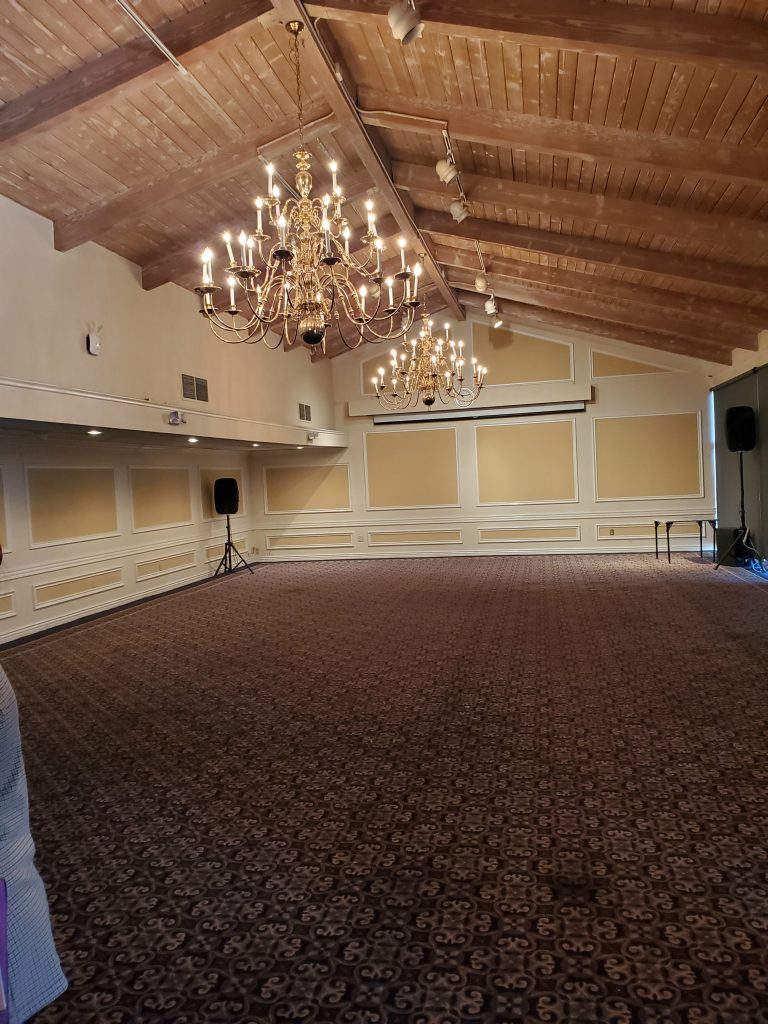
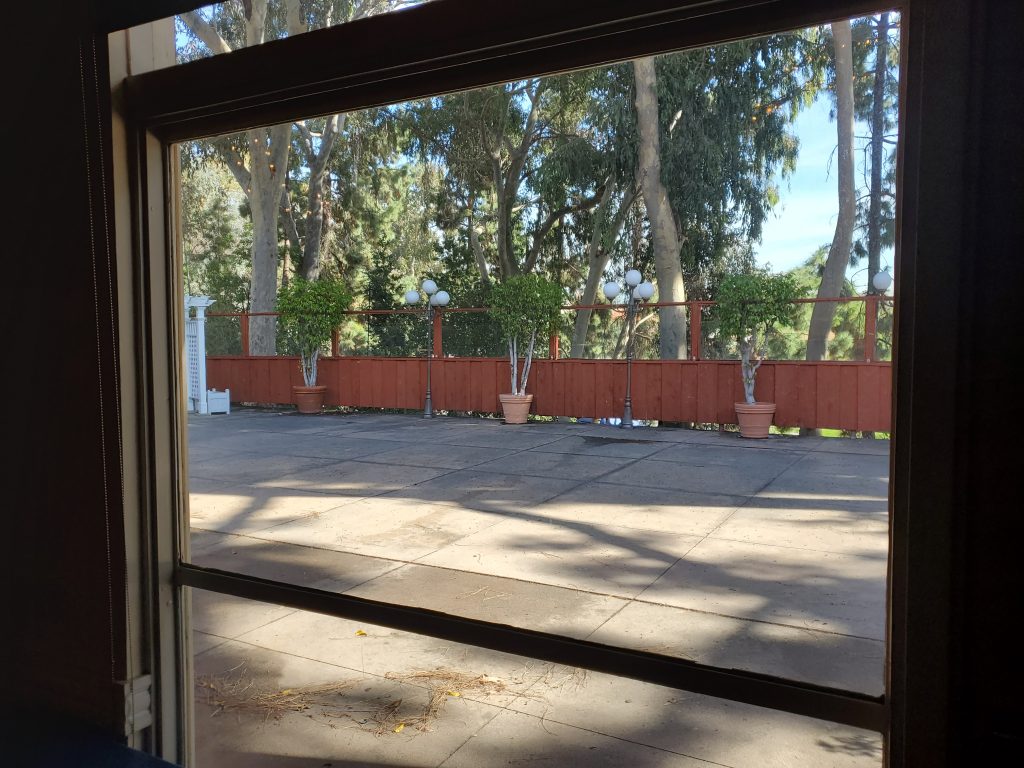
While we are hosted at the Faculty Center at UCLA, we would like to acknowledge the Gabrielino/Tongva peoples as the traditional land caretakers of Tovaangar (the Los Angeles basin and So. Channel Islands). Here at UCLA, as a land grant institution, we pay our respects to the Honuukvetam (Ancestors), ‘Ahiihirom (Elders) and ‘Eyoohiinkem (our relatives/relations) past, present and emerging.
Please see the references below. There will also be a short white paper/think piece on humane infrastructures distributed to participants.
participatory design, mixed-methods research, public innovation research [bio]
ethnographic and performance studies, street dance activism, radical joy, #blacklivesmatter movement [bio]
Council member for the 11th District of the City of Los Angeles [bio]
shaping digital technologies for story telling, new genre art installations, engineering-art [bio]
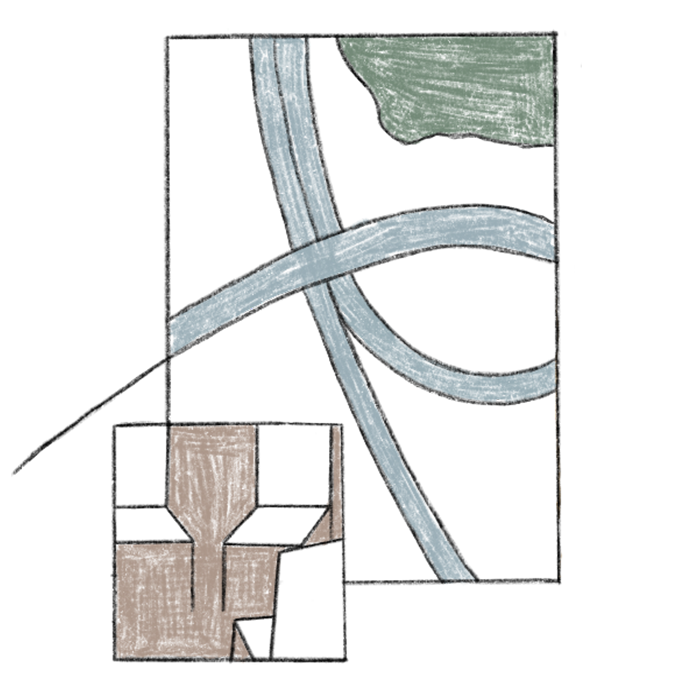
literature & science, environmental narratives, critical food studies, artists/writers in US environmental and food justice movements; [bio]
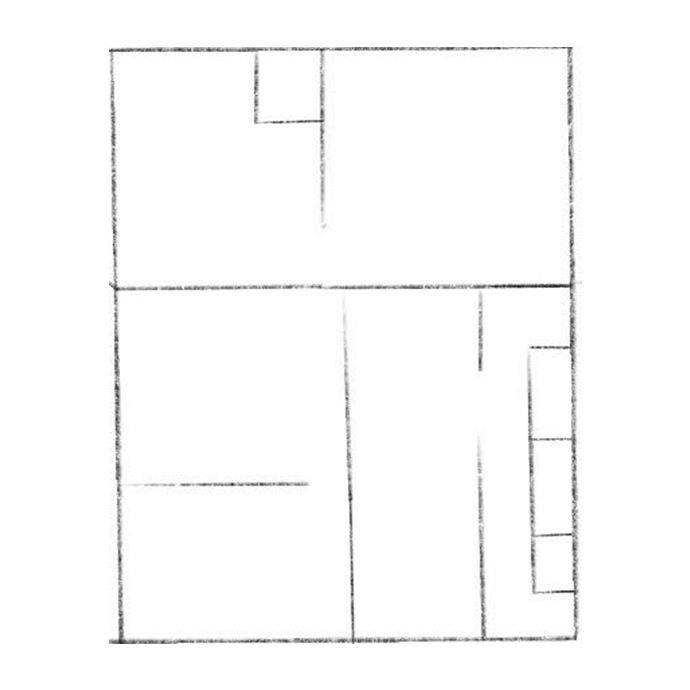
feminist and queer studies, history of US social movements, feminist and LGBTQ activism [bio]
big data and health tech, politics of measuring social difference [bio]
affordable housing, modernism, suburban studies, the politics of place, tech and space [bio]
dance, performance studies, practice + research, dance history, experimental practice, data [bio]
media archaeology, media theory, history of computing, labs, humanities infrastructure [bio]
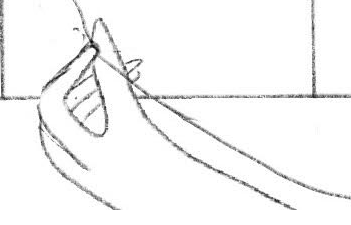
media studies, visual culture, performance, contemporary art, and diaspora studies [bio]
archival studies, memory and diaspora, bureaucratic violence, politics of metadata [bio]
urban ecological design, spatial politics, social mobilization, climate change, global urbanization [bio]
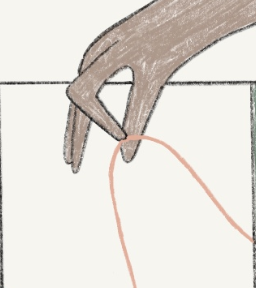
political and critical theory,
race, gender, dread, social media racism, the humanities [bio]

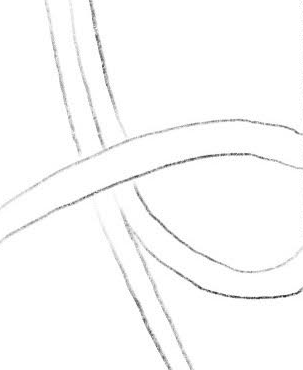
art and design history, material culture, critical disability studies, designing disability [bio]
contemporary capitalism, development, postcoloniality, globalization, and the state [bio]
critical disability, race, and feminist studies, architectural history, and science and technology studies [bio]

contemporary literature and environmental humanities, multispecies storyworlds and environments, terraforming for urbanists [bio]
education, community, unhoused [bio]
art, engineering, environmental health, mutualistic systems design, public socio-technological-ecological experimentation [bio]
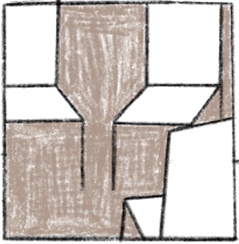
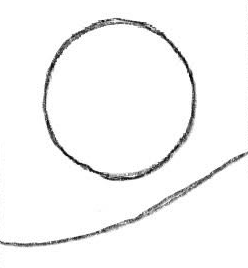
biochemistry, biophysics, bioinformatics, genome evolution, remix freedom [bio]
STS, environmental media studies, feminist theory, media art, media archaeology , critical creative practice [bio]
choreography, film, disability and dance studies, politics of citizenship, action conversations, 10 questions [bio]

cinema studies, race, gender, feminist technology studies, platforms for hate, designing for difference [bio]
critical race studies, women’s studies, academic labor conditions, university studies, complicity [bio]
artistic practice, critical data studies, black feminist praxis, cultural geography, social infrastructure, community technology [bio]
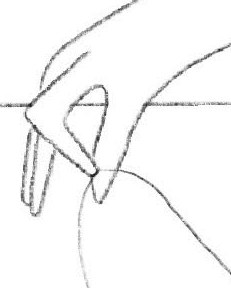
biochemical engineering, microsensors for neurochemical signaling compounds, technology, engineering, medicine [bio]
housing, hunger, health, community service coordination, public education, and advocacy [bio]
homeless advocacy, social and community coordination, neighborhood activism [bio]
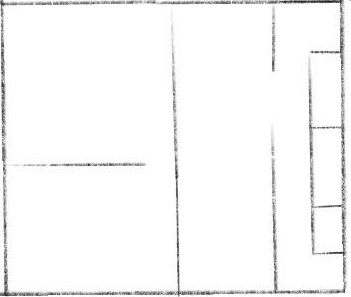
urban media spaces, feminist digital practices, critical race and media studies [bio]
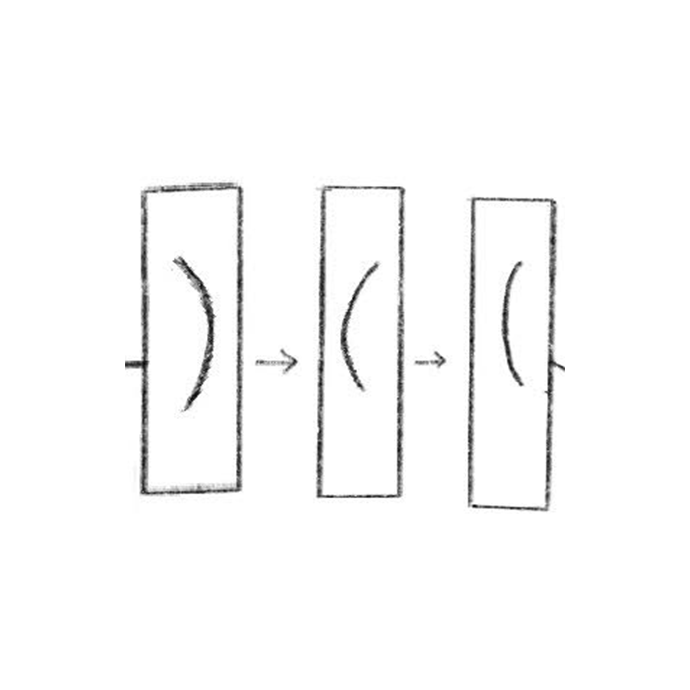
English, digital media, infrastructure, racial and social configurations, care, innovation [bio]
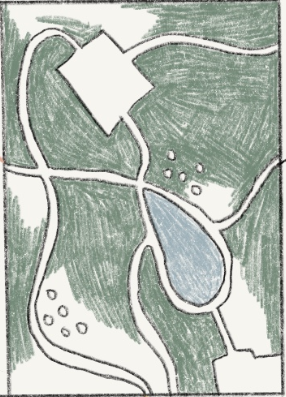
climate change, new media, feminism, gender studies, environmental humanities [bio]
European intellectual history, digital humanities, mapping, and cultural geography, Tech City, algorithmic ethos [bio]
science and technology studies, critical making, critical theory, complicity, innovation [bio]
multi-media direction, short films, documentaries, interactive installations [bio]

postcolonial and African diaspora studies, humanities knowledge infrastructures, digital humanities, insurgent academics [bio]
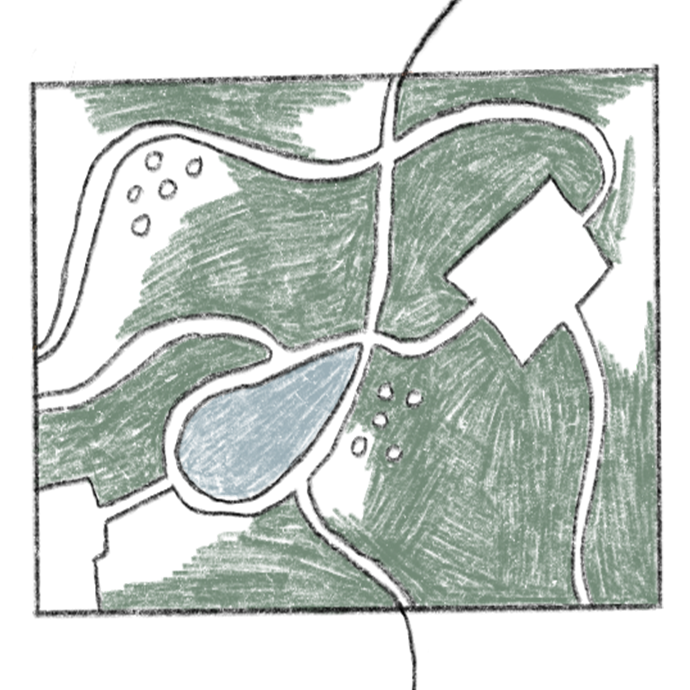
information studies, information work and workers, commercial content moderation of social media, Internet governance and policy [bio]

literary studies, comparative studies, ancient Chinese history and literature, the humanities [bio]
multidisciplinary environmental studies, chemical contamination and climate change [bio]
media economy, cultural digitization, media history, algorithmic intervention [bio]

interaction design, digital women’s health, critical-feminist design of intimate technologies, feminist technoscience [bio]
environmental history, research and innovation policy, the science politics of climate change, ‘the environment’ as a governable object [bio]
Please note that the program is subject to change, and will be updated continuously up to the conference.
The workshop is open to anyone interested, but registration is required and there is limited seating. While there is no cost for the event, registered participants are expected to be present for the entirety of the proceedings or cancel their reservation in good time before the event.
Please register by 5 pm PST, March 5, 2020!
The workshop is generously sponsored by:
UCLA Humanities Division
The Office of the UCLA Vice Chancellor of Research
The Institute for Digital Research and Education
UCLA Bedari Kindness Institute
UCLA Samueli School of Engineering
UCLA School of the Arts and Architecture
The UC Humanities Research Institute
UCLA Graduate School of Education and Information Studies
UCLA School of Theater, Film, and Television
UCLA Library
The workshop “Humane Infrastructures” is carried out together with the UCLA Royce Humanities Group.
Patrik Svensson, Curator, psvensson@ucla.edu patrik.svensson@umu.se.
Patrik Svensson (http://patriksv.com) is Visiting Professor of Digital Humanities at UCLA, Professor of Humanities and Information Technology at Umeå University, and former Director of HUMlab at Umeå University (2000-2014).
Francesca Albrezzi, Event Team Leader, falbrezzi@ucla.edu.
Francesca Albrezzi (bit.ly/albrezzi) is an art historian, curator, and digital humanist. She currently works as a Digital Research Consultant specializing in helping faculty with XR technologies at UCLA’s Institute for Digital Research and Education.
More materials and references will be added until the end of February, 2020. Please also follow this twitter thread (where new materials will be added and where anyone can add suggestions).
Bench, Harmony and Kate Elswit, “Dance Touring and Embodied Data: Some Approaches to Katherine Dunham’s Movement on the Move”, Current Research in Digital History, 2019:2.
Changing the Conversation (Jeff Olivet), “Fighting Homelessness in Los Angeles”, Changing the Conversation, 2019: Jane Nguyen and Jeff Olivet (host) discuss homelessness in LA and ways neighborhood activists are supporting people who are homeless and advocating for solutions.
“Dana Cuff, Founding Director of cityLAB on Urban Design, Changing Planning Policies, & Smart Architecture“, Midnight Charette, 133, 2019. (podcast interview)
Juul Søndergaard, Marie Louise. Staying with the Trouble through Design: Critical-Feminist Design of Intimate Technology, Ph.D. dissertation, Aarhus University. 2018.
Mattern, Shannon. “A City is Not a Computer“, Places, February 2017.
Noble, Safiya U., and Sarah T. Roberts. “Out of the Black Box.” EDUCAUSE Review, 2017.
Posner, Miriam. “See No Evil.”, Logic, 4, 2018.
Ratto, Matt. “Making at the End of Nature“, Interactions, 23:5, 2016.
Risam, Roopika. “Academic Generosity, Academic Insurgency“. Public Books, 2019.
Romi Ron Morrison on “Residual Black Data” at Eyeo 2019.
Roy, Ananya. “The Infrastructure of Assent: Professions in the Age of Trumpism”, The Avery Review, 21, 2017.
Schwartz-Weinstein, Zach. “The Fantasy and Fate of Ethnic Studies in an Age of Uprisings: An Interview with Nick Mitchell“, Undercommoning, 2016.
Sörlin, Sverker. “Reform and Responsibility: The Climate of History in Times of Transformation“. Historisk Tidsskrift, 97, 1, 2018.
We want this to be an inclusive and welcoming event for all who participate. We strive to make the workshop as accessible as possible to all attendees. There is a small conference team who can provide general assistance (but not medical or personal care). Please do not hesitate to contact us if you have concerns or questions.
The UCLA Faculty Center, 480 Charles E Young Dr E, Los Angeles, CA 90095, is ADA Accessible.
Wheelchair-accessible pathways, building entrances, and parking structure locations are indicated on this map.
We will be using an AV system provided by the faculty center for the event. We are aware that everyone will need to use a mic when speaking in order to make sure people don’t have to self-identify if they are having trouble hearing. Visual materials will be provided in an online folder for those who wish to use a personal device to view them. Please contact us if you would like to request an alternative format for files.
We encourage participants to make this a fragrance-free event. However, please note that the Faculty Center is not scent-free for those with sensitivities. We hope that participants will refrain from wearing scented products such as perfumes/colognes, hair products, cosmetics, and scented lotions while attending this event, and avoid using scented soaps, shampoos, and detergents prior to the event. These products can trigger serious health issues for those with fragrance allergies and/or chemical sensitivities.
Thank you for your consideration for all members of our community.
More information on being fragrance-free can be found on the CSW Event Accessibility page.
Please be aware that UCLA is a smoke and tobacco free campus. More information can be found on the BreatheWell website.
Support animals may be present at the event, per UCLA Policy 135.
We will be offering a lunch for those who register for the event. We strive to offer healthy options that are vegetarian and vegan friendly. If you have any serious allergy concerns or questions regarding the menu, please feel free to contact the event leaders.
For health and safety concerns, please see Bruin Safe website, which includes updates and FAQs on Coronavirus.